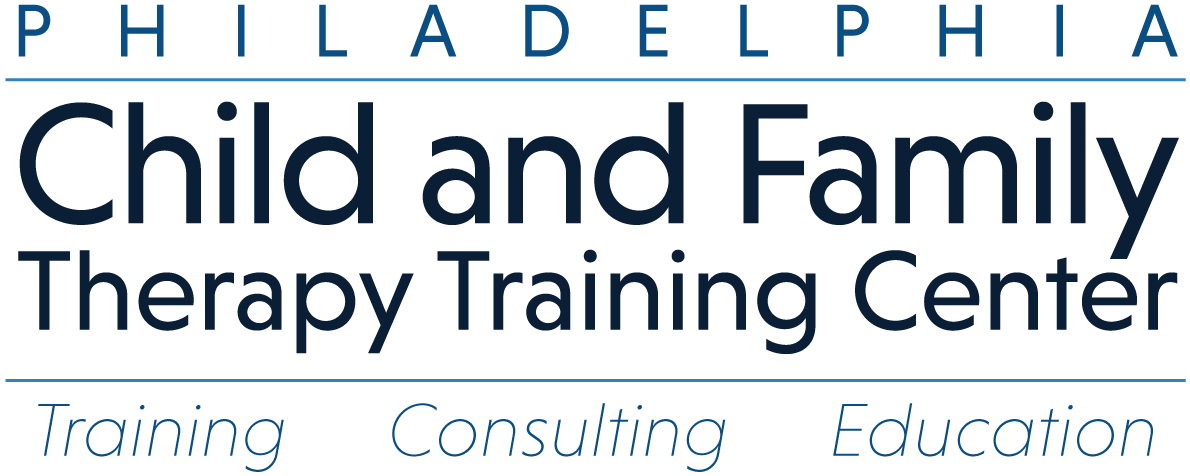
Client setbacks can be some of the most difficult moments in systemic family therapy. When families or clients don’t seem to be progressing it’s easy for therapists to feel discouraged, frustrated, or even like they’ve failed. These feelings can lead to an urge to isolate professionally—avoiding peer support or consultation—and may make the therapist question their abilities. However, isolation only compounds the difficulty. What therapists should do in these moments is turn toward professional support and reframe setbacks as opportunities for growth.
Setbacks are a natural part of the therapeutic process. Family systems are complex, and change isn’t linear. These moments can often provide valuable insights into deeper relational patterns or underlying issues that were previously hidden. Instead of seeing it as a failure, therapists can view it as a critical point for new learning, both for the client and for themselves. By embracing this perspective, therapists can stay engaged with the family and remain hopeful about future progress.
Seeking supervision or peer consultation is one of the most effective ways to gain fresh perspectives on stuck cases. Supervision allows therapists to process their emotional reactions to setbacks and receive guidance on potential blind spots and identify the isomorphic pattern. It’s also an essential practice for preventing burnout, which can arise when therapists take setbacks personally or feel overwhelmed by their clients’ lack of progress.
In addition to professional support, therapists should be open to revisiting their intervention strategies. It could be helpful to try new enactments or refocus on family relational patterns that haven’t been fully explored. Adjusting the approach can breathe new life into the therapeutic process and reignite progress.
In short, client relapse is challenging, but it is not the end of the road. By resisting isolation, seeking supervision, and adapting therapeutic strategies, systemic family therapists can turn setbacks into opportunities for growth and continued progress.
